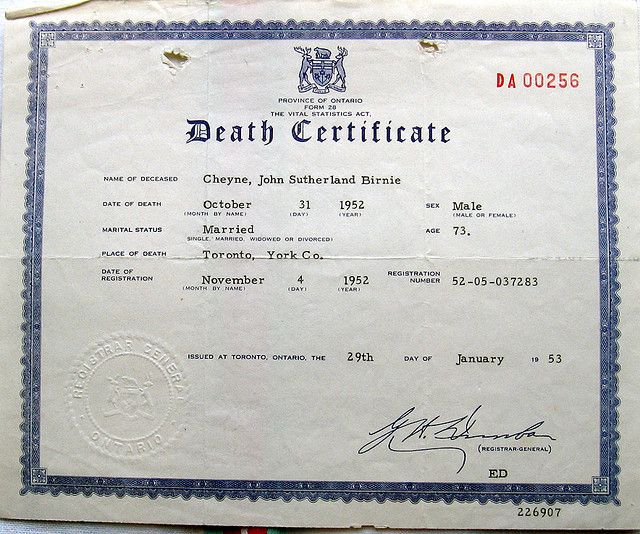Data of the Dead: Digital Life Creates Legacy Problems

AUSTIN, Texas — You are going to die. Probably not anytime soon, but you will. And when you finally enter the undiscovered country, you will leave behind a vast network of e-mails, tweets, Facebook updates, IM accounts and blog posts. The large amount of data that make up people's digital identities persists from beyond the grave, posing complex problems for companies, lawmakers and individuals.
Dealing with "legacy data" will require a full-spectrum response from the public and private sectors, a panel of experts said here at the South by Southwest music, film and interactive conference. The panelists said individuals need to save their passwords for their loved ones, corporations need to have clearer terms about how employees' family members can access data, and legislators need to pass new laws that create a legal infrastructure for accessing legacy data.
"I think we all understand now that digital technology is changing the way we live, but it's also changing the way we die," John Romano, author of "The Digital Beyond," said during the forum, conducted Monday (March 14). "We are all going to kick the bucket one day, and when we do, we're going to leave a mountain of data."
Right now, gaining access to the e-mails of deceased loved ones, or gaining control over their Facebook accounts, differs from every other form of postmortem claim an executor might encounter, said Daniel Greenwood, a consultant at CIVICS.com and a former lecturer of law and technology at MIT. Only Oklahoma, Connecticut and Rhode Island have laws ensuring the executor's or relatives' right to access the data of the deceased, Greenwood said. This means that companies in all of the other 47 states can bar loved ones from accessing their spouse's or parent's data.
Moreover, companies haven't put enough thought into their post-death policy to present customers with a streamlined, common-sense system for claiming legacy data. And even the most high-tech companies still appear backward when dealing with death, said Jesse Davis, co-founder of Entrustet, a company that manages legacy data issues.
"To get access to legacy e-mails from Google, you pack all the proof of death into a manila folder and send it to Mountain View, California, where someone behind a desk looks through the papers," Davis said. "This is the same Google that just taught a car to drive itself, and this is how they deal with digital death."
Digital media may prove even more problematic. With the iTunes store or a Kindle, customers don't buy the music or the book, just the license to use it. When someone dies, the license expires; no framework yet exists for passing those books or songs on to spouses or children.
Sign up for the Live Science daily newsletter now
Get the world’s most fascinating discoveries delivered straight to your inbox.
Oddly enough, while much of the panel discussed the disappearance of data, they also mentioned that the opposite issue seems to pose a problem. Unlike something carved into a stone tablet, digital media remains particularly fragile, and the cancellation of a dead person's credit cards could lead to a lot of their data simple getting deleted.
"You’re delusional, absolutely delusional, if you think everything you put on the Web will be there forever. 'Link rot' alone will result in tons of lost sites. The Internet Archive and the Way Back Machine will not save you," said Adele McAlear, founder of the blog Death and Digital Legacy. “What are you doing to safeguard your digital legacy? People should think about what is important to you.”
The impermanence of digital media and the confusing regulatory architecture around legacy data combine to create a serious headache for anyone looking to curate their own, or a loved one's, postmortem Internet identity. And as more people with online personae pass away, the more pressing these issues become.
"Do we have the first opportunity to have our first pyramid, or to have our first terra cotta army? Or is it an opportunity to contribute to a giant pile of digital crap for future generations to deal with?" said Evan Carroll, founder of blog The Digital Beyond. " I don’t know the answers, but they are important questions to ask.”













